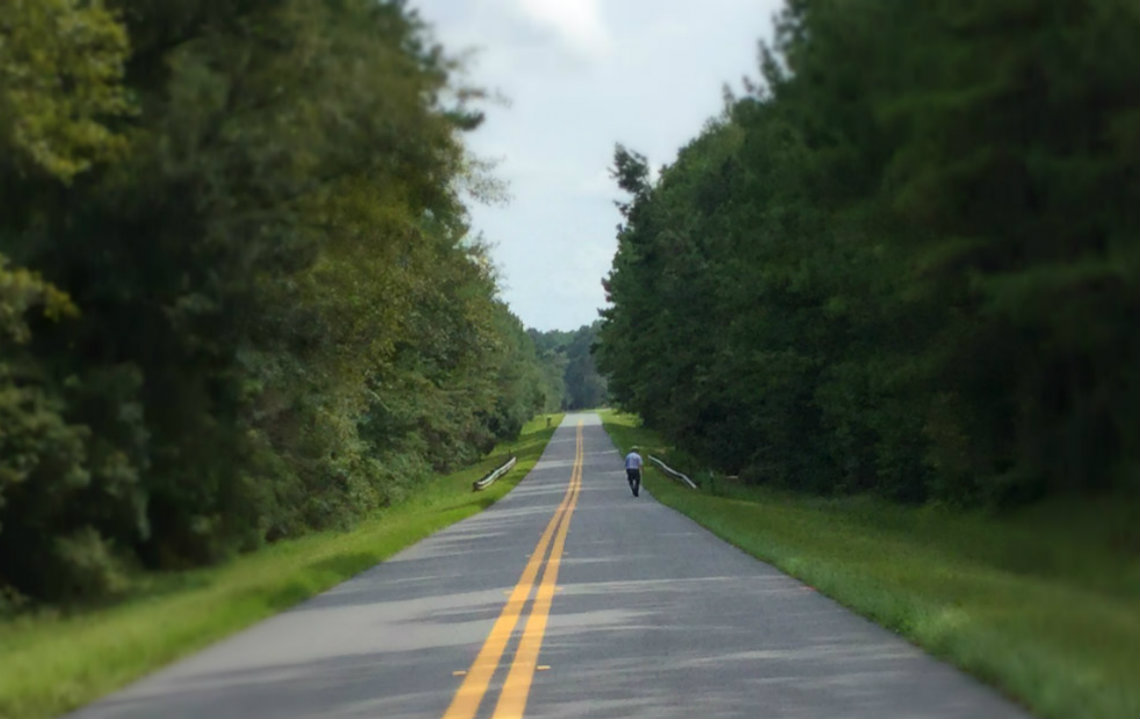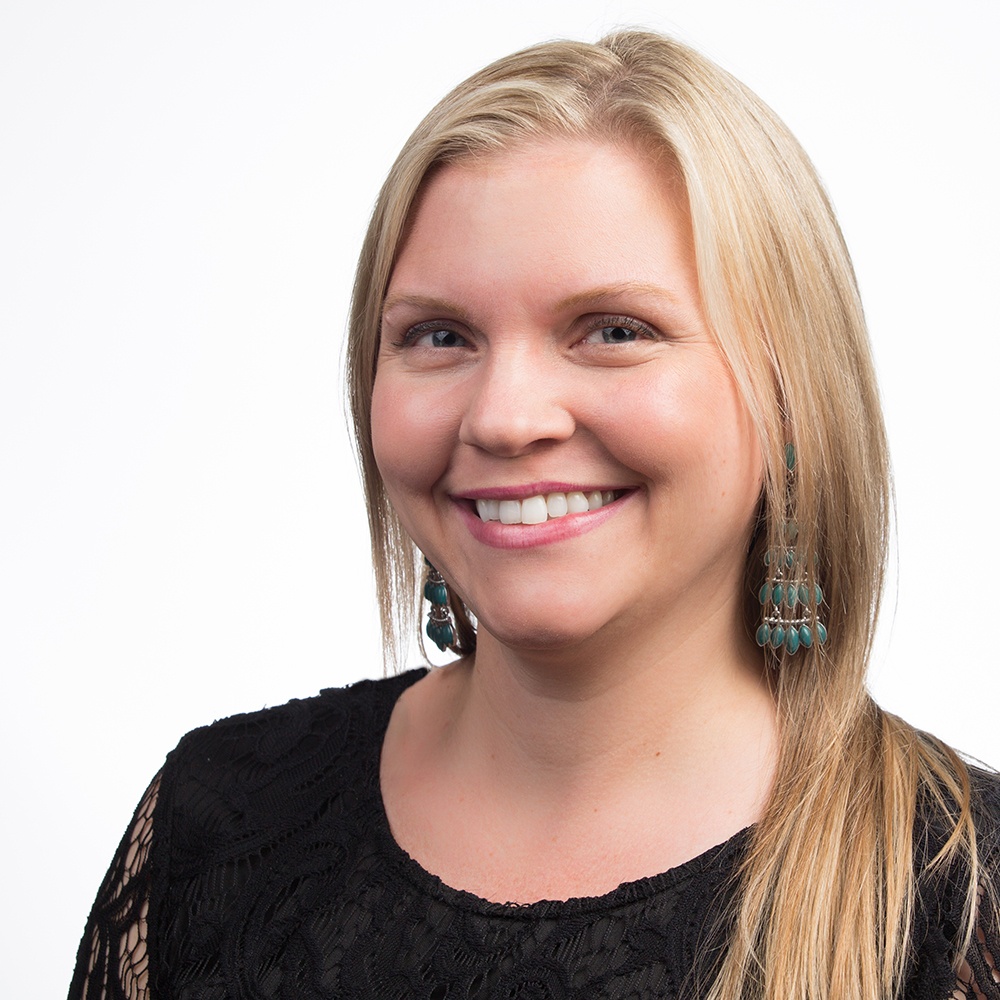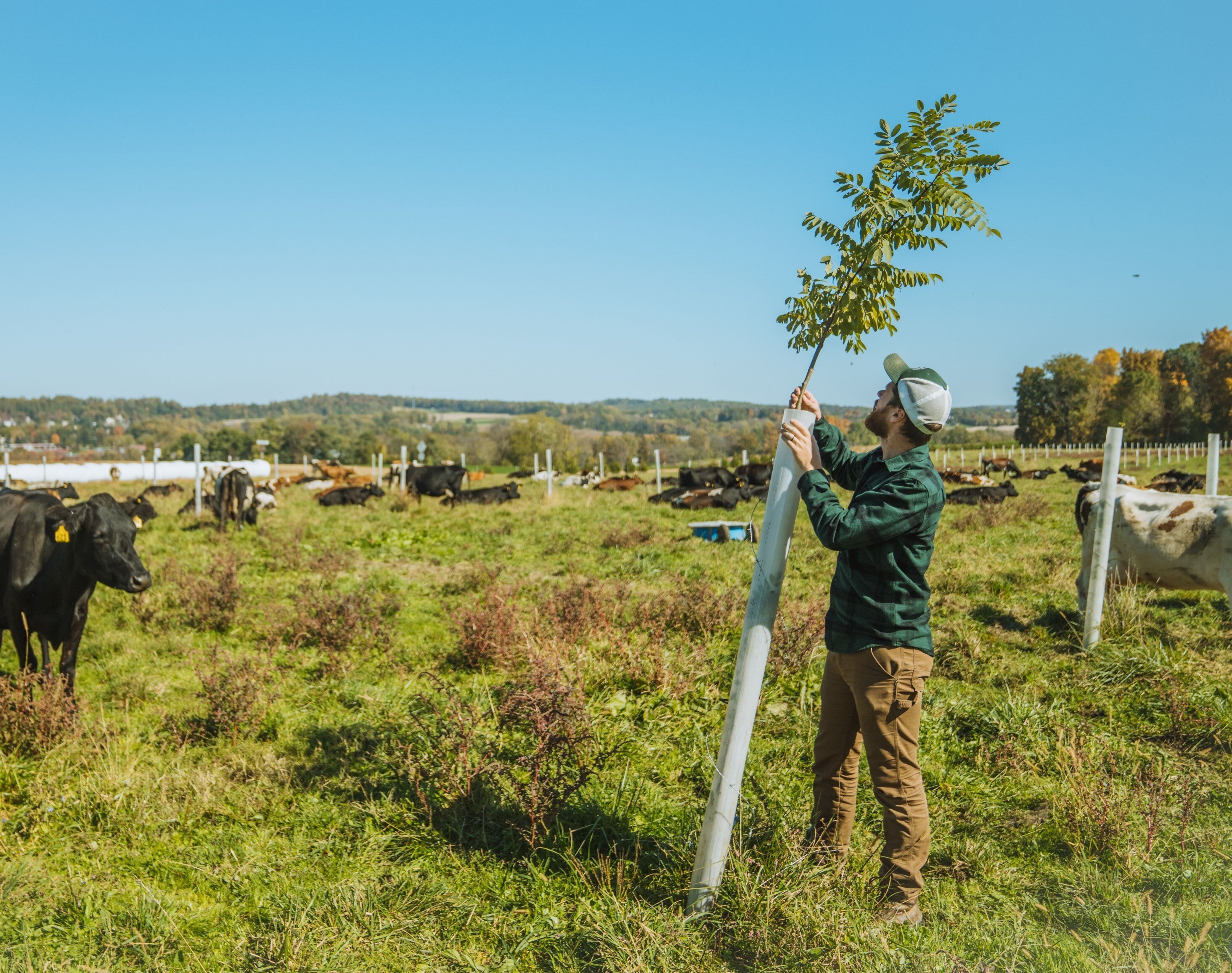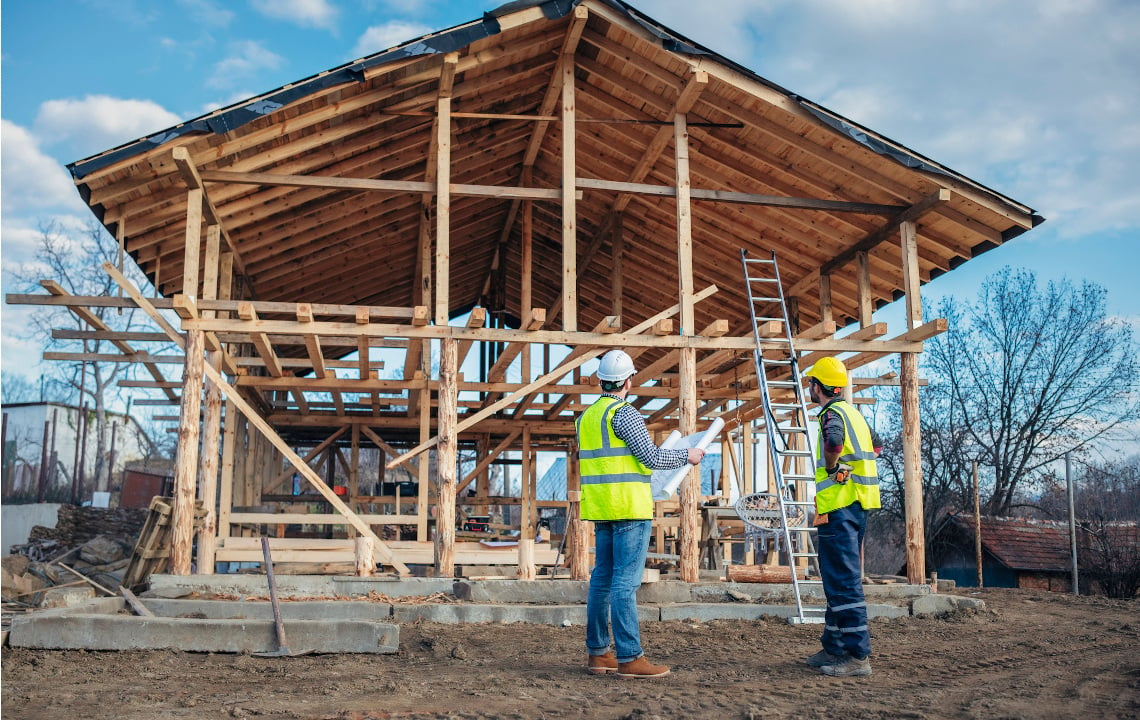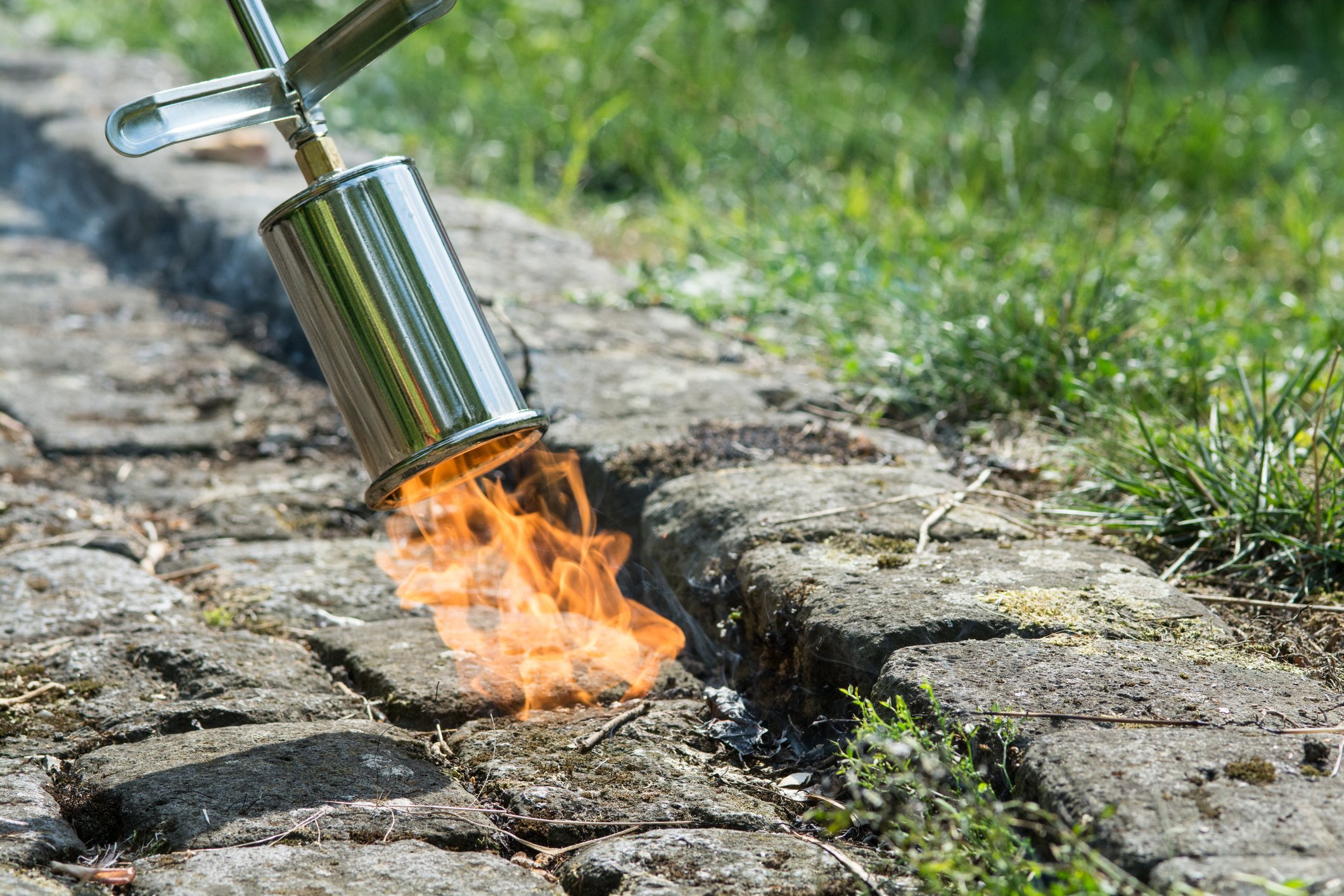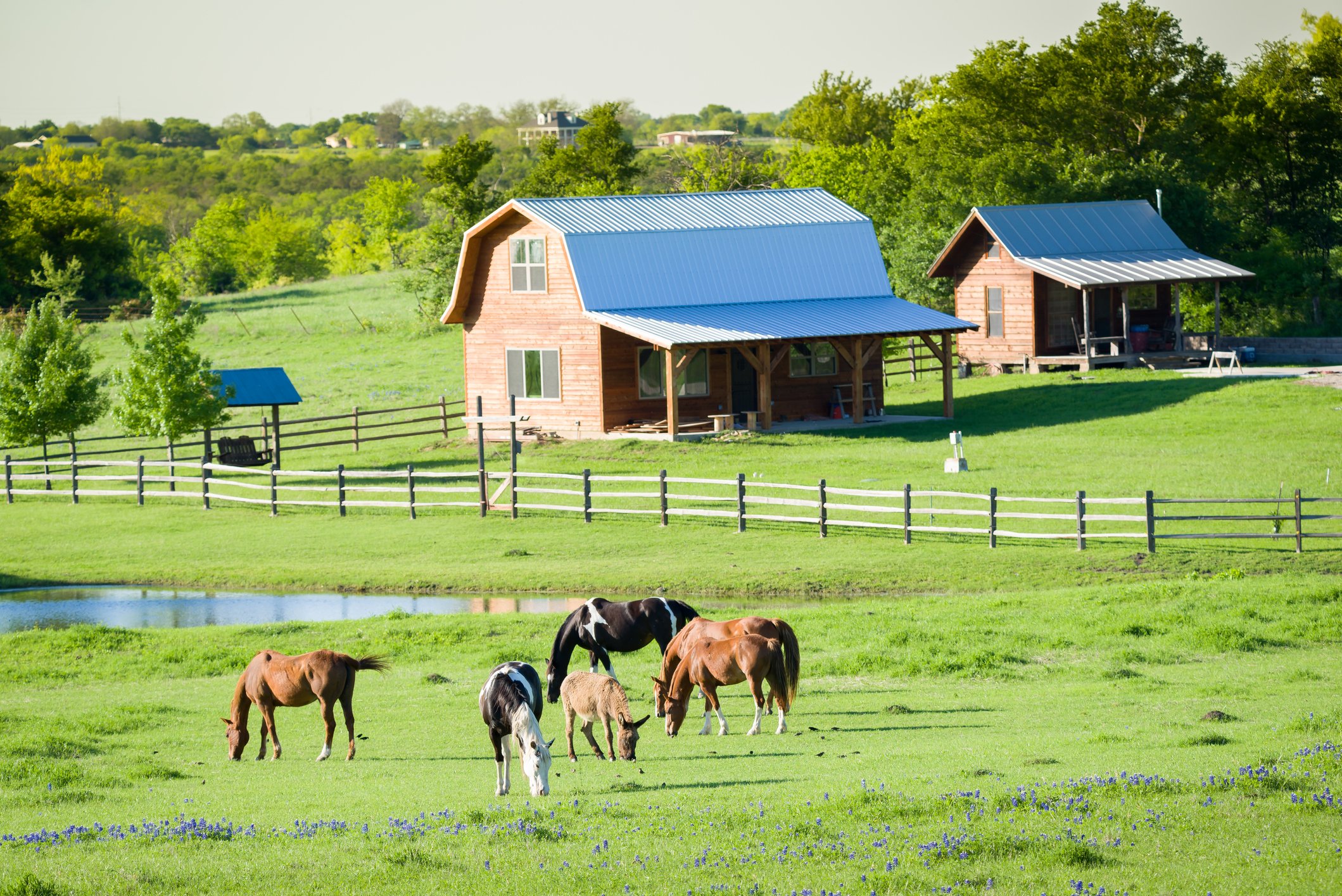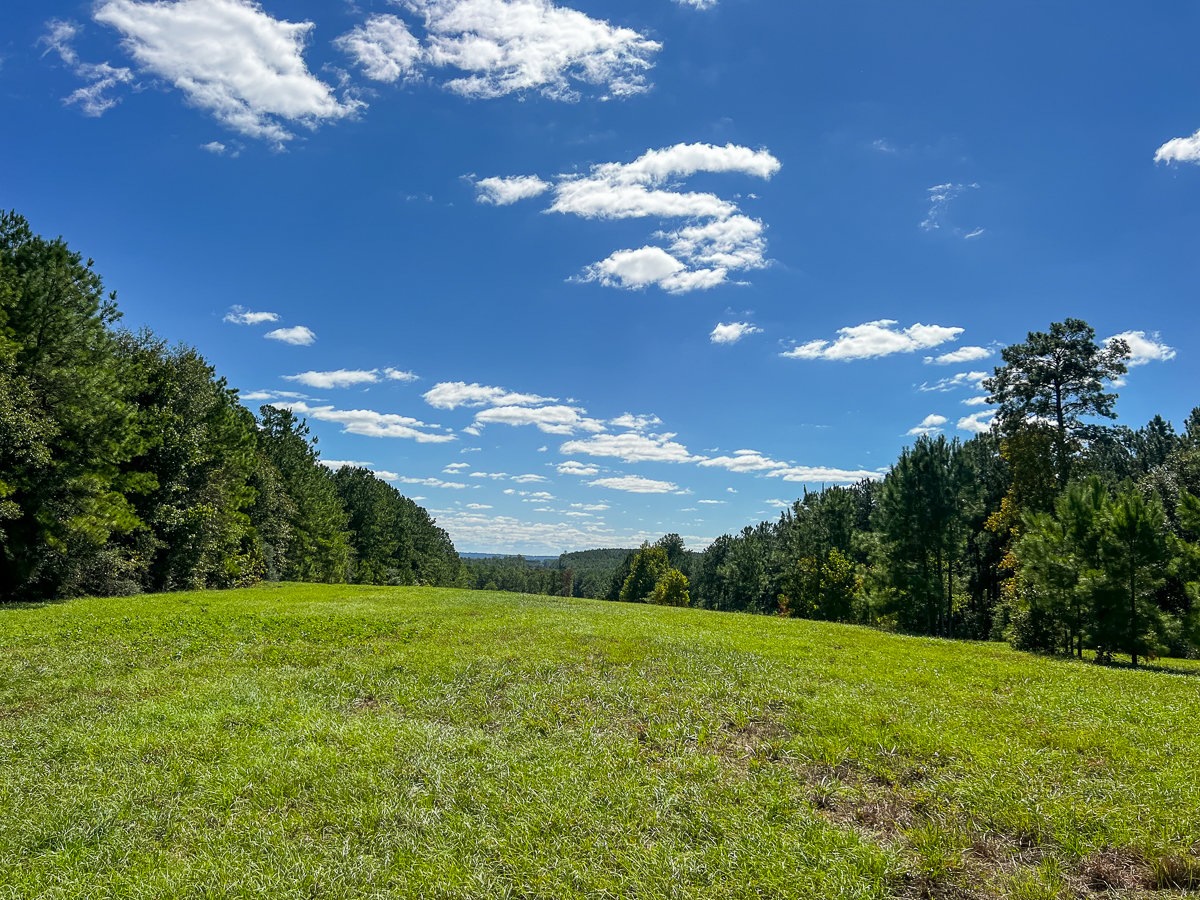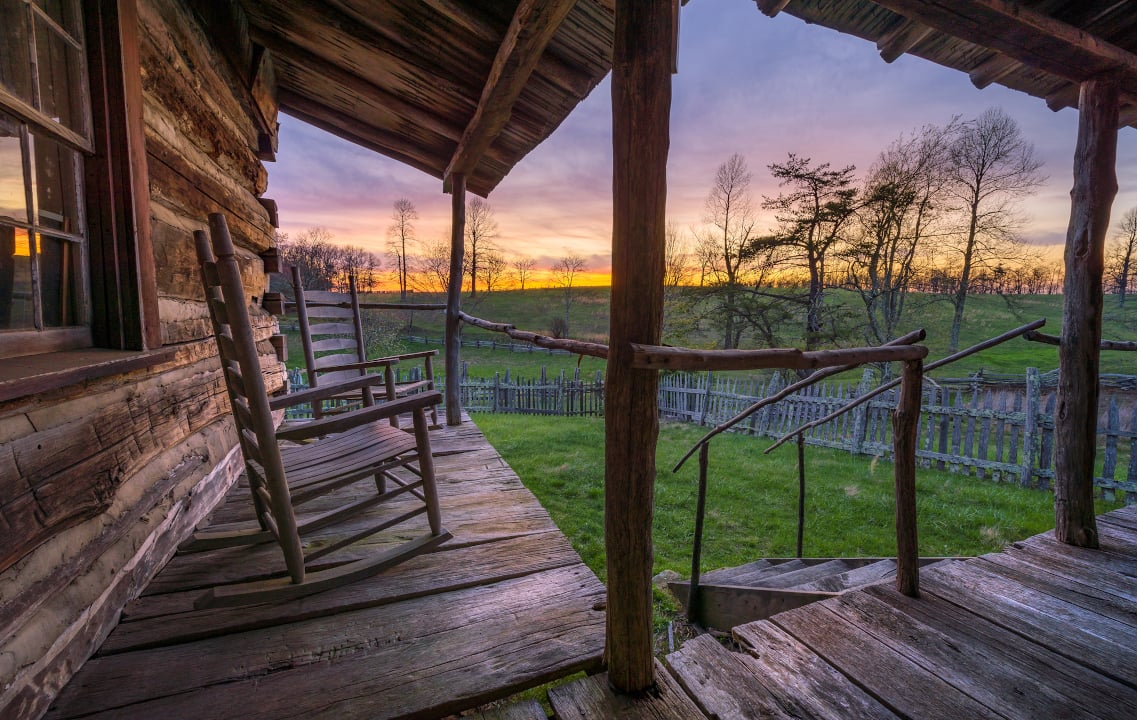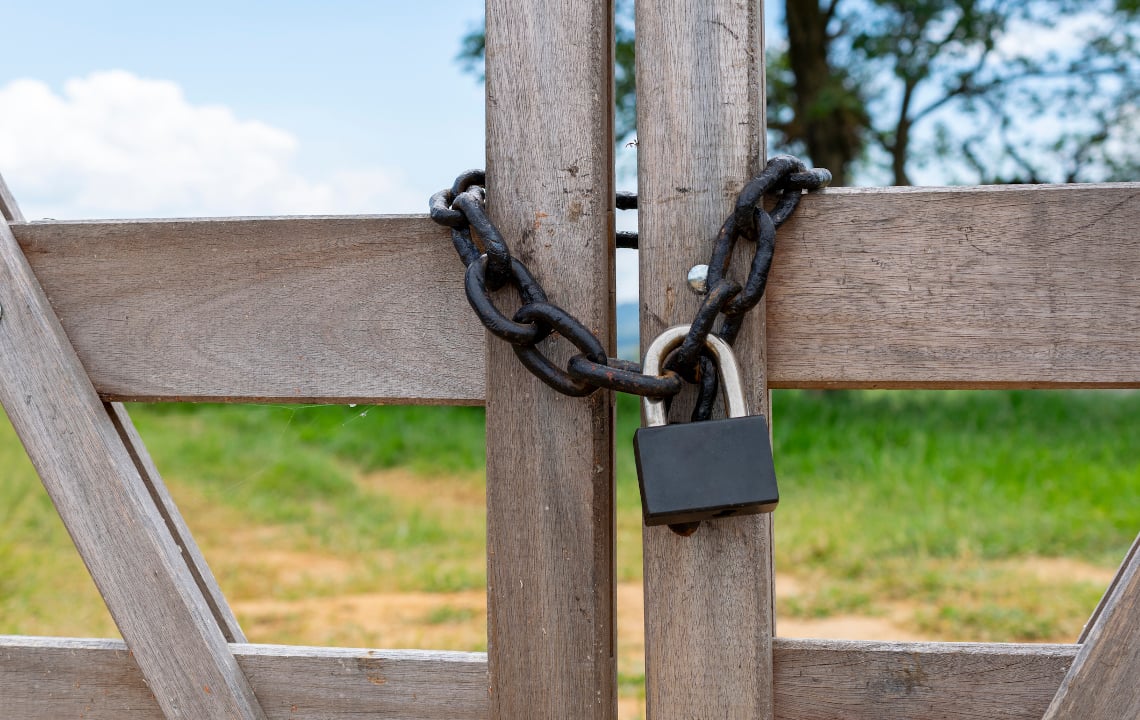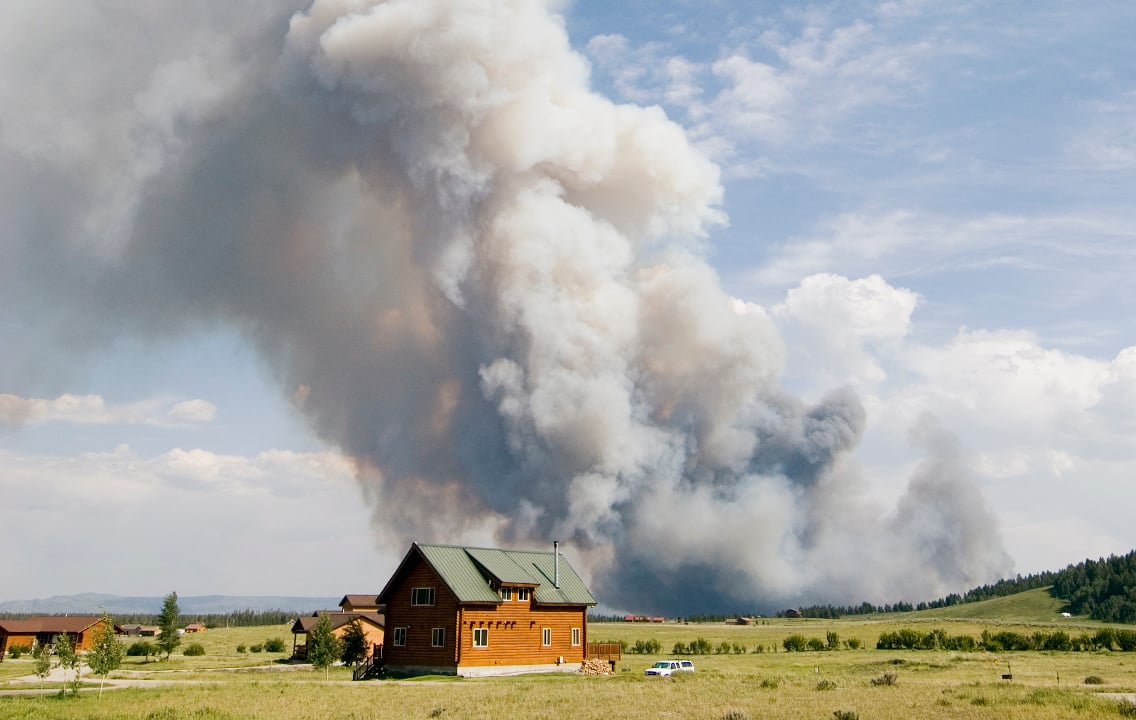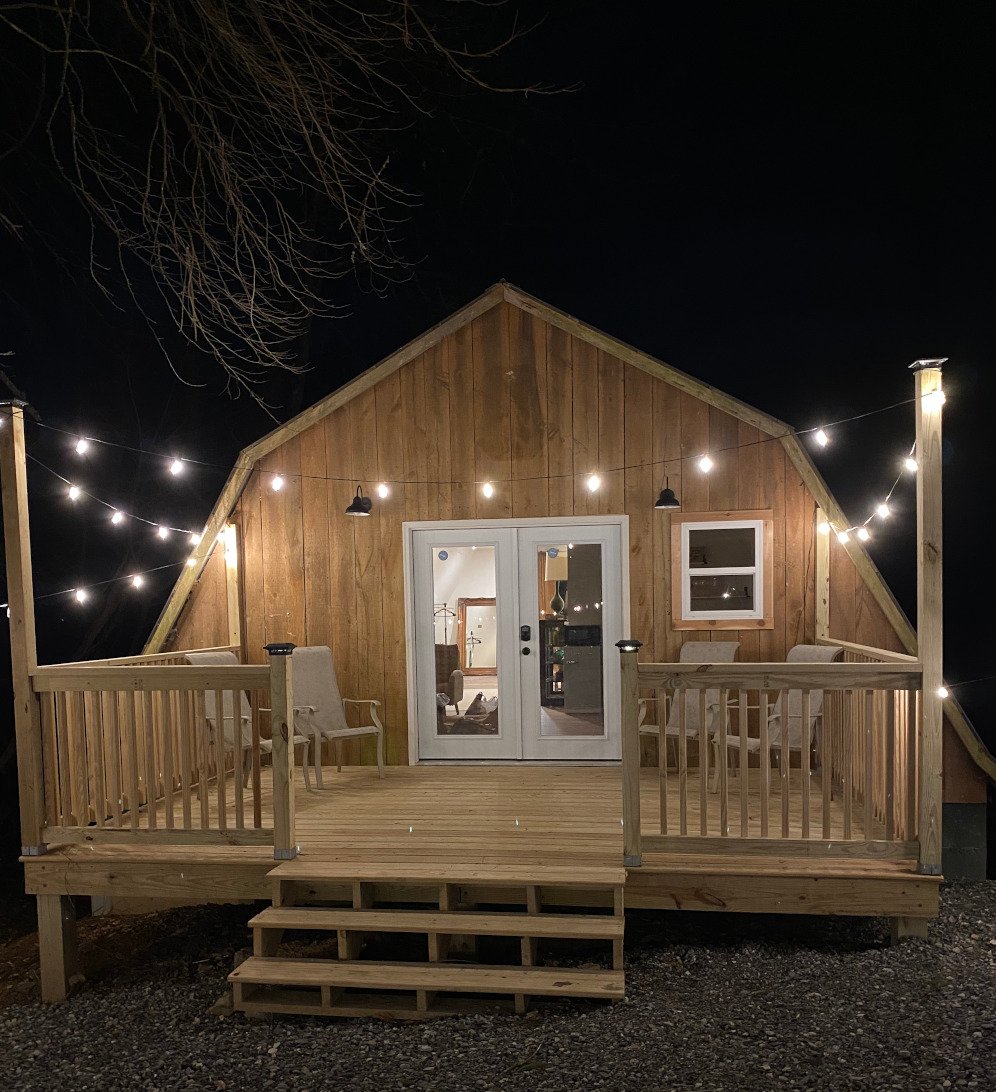After 20+ years working in land sales, John Weidenhaft shares five tips for buying rural land in the South that will move you out of rookie status.
Do you dream of buying rural land, but you don’t know where to begin?
 How do you educate yourself so you won’t make rookie mistakes when you’re ready to buy, and how do you know if you’re making a wise decision?
How do you educate yourself so you won’t make rookie mistakes when you’re ready to buy, and how do you know if you’re making a wise decision?
John Weidenhaft, a senior real estate manager who works for Raydient Places + Properties, Rethink:Rural's parent company, shares 5 key tips for buying rural land in the South to help you break away from land-buying rookie status. After more than 20 years as an active real estate broker specializing in land sales prior to joining Raydient, he has a strong understanding of the unique nuances of buying rural land.
Tip #1: Find a competent broker or real estate agent who specializes in land
There are different factors to consider when buying land versus buying a home. A land agent will understand the technical questions that must be answered when searching for and purchasing land to fit the specific end use you have in mind.
The agent should know what the surrounding land values are in the area and will often have a working relationship with some of the major landowners in the area that interests you. He or she can show you land that fits your budget and help you evaluate whether it would meet your needs.
 “Land agents can also help direct you to the right resources,” says Weidenhaft, who's shown in the photo to the right and the photo above. “For example, they can tell you where to go to find out about land use requirements, zoning and site-specific considerations, such as well and septic.”
“Land agents can also help direct you to the right resources,” says Weidenhaft, who's shown in the photo to the right and the photo above. “For example, they can tell you where to go to find out about land use requirements, zoning and site-specific considerations, such as well and septic.”
Looking for an agent who is an ALC (Accredited Land Consultant), which means the agent has participated in the National Association of Realtors accreditation program for land agents, is a good reference. The old standby of asking others in your area who own land to recommend an agent is also a good way to find the right person to work with.
When trying to determine what to offer for a particular tract, ask your agent to prepare a Comparative Market Analysis (CMA), which references recent transactions and current market activity.
Tip #2: Get a real estate attorney
“If you have to ask, ‘Do I need an attorney?’ You need one,” says Weidenhaft. “It might cost as much as a few thousand dollars, which may seem like a lot of money, but it’s very little next to what you may spend for the land and, in the end, may save you a great deal of money.”
The attorney should practice in the general area where you’re looking to buy and should know that area well.
If you followed Tip #1, you’ll have an ideal source to provide you a list of good real estate attorneys to consider: your land agent. If you don’t have a land agent who can make a recommendation, ask otherswho have purchased land in the area to recommend a reliable local attorney.
Conversely, if you have not identified a real estate agent, your real estate attorney may recommend several good land agents.
An attorney will serve as your guide in a number of steps, including Tip #3, getting title insurance on the property.
Tip #3: Get title insurance on the property
“How do you know the seller actually owns the land? How do you know they have the right to sell it, and that there aren’t any liens against it?” Weidenhaft says. “That’s why you buy title insurance.”
Your real estate attorney can handle acquiring title insurance. The title company will issue a title commitment which outlines “exceptions” or things it won’t insure and “requirements” or items required for the insurance policy to actually be issued.
The insurance will include an owner’s policy and most financial institutions will require a mortgagee policy which protects them should a title issue arise.
“It doesn’t guarantee there won’t be issues just like car insurance doesn’t guarantee you won’t have a wreck,” Weidenhaft says. “But it offers you protection if something does go wrong.”
The fees for the title research and for the insurance may be negotiable.
Tip #4: Line up your financing before you even start looking
“Look for institutions that specialize in financing land, such as farm credit institutions or credit unions,” Weidenhaft says. “They are more likely to finance raw land versus institutions that specialize in home purchases.”
The expected down payment on land purchases is often higher than home purchases, usually in the 20-25% range, Weidenhaft says.
Buying rural land through a manufactured home dealer that offers home and land packages is another option. Often manufactured home dealers have relationships with financial institutions, which will require much lower down payments when the buyer purchases a land and home package, Weidenhaft says.
Tip #5: Have a boundary survey performed on the property before you close
“Only a registered land surveyor can tell you numerous facts about a property, for example, confirming the acreage, showing where the corners are, and determining if it truly has road frontage or not,” Weidenhaft says.
A survey should also reveal whether there are any encroachments on the property. For example, is the fence really on the property boundary? Is the neighbor’s shed creeping on to the property? Or is a portion of the shed on the property you wish to purchase actually on the neighbor’s land? It’s important to know before you buy.
When choosing a surveyor, finding one who has surveyed other land near the property recently can often reduce the cost.
John Weidenhaft works in Fernandina Beach, Florida, for Raydient LLC., the same company that manages Rethink:Rural. Mr. Weidenhaft contributed to this article in his personal capacity, and the opinions and advice expressed are his own and do not necessarily reflect the views of Raydient LLC, its parent or subsidiary companies.


